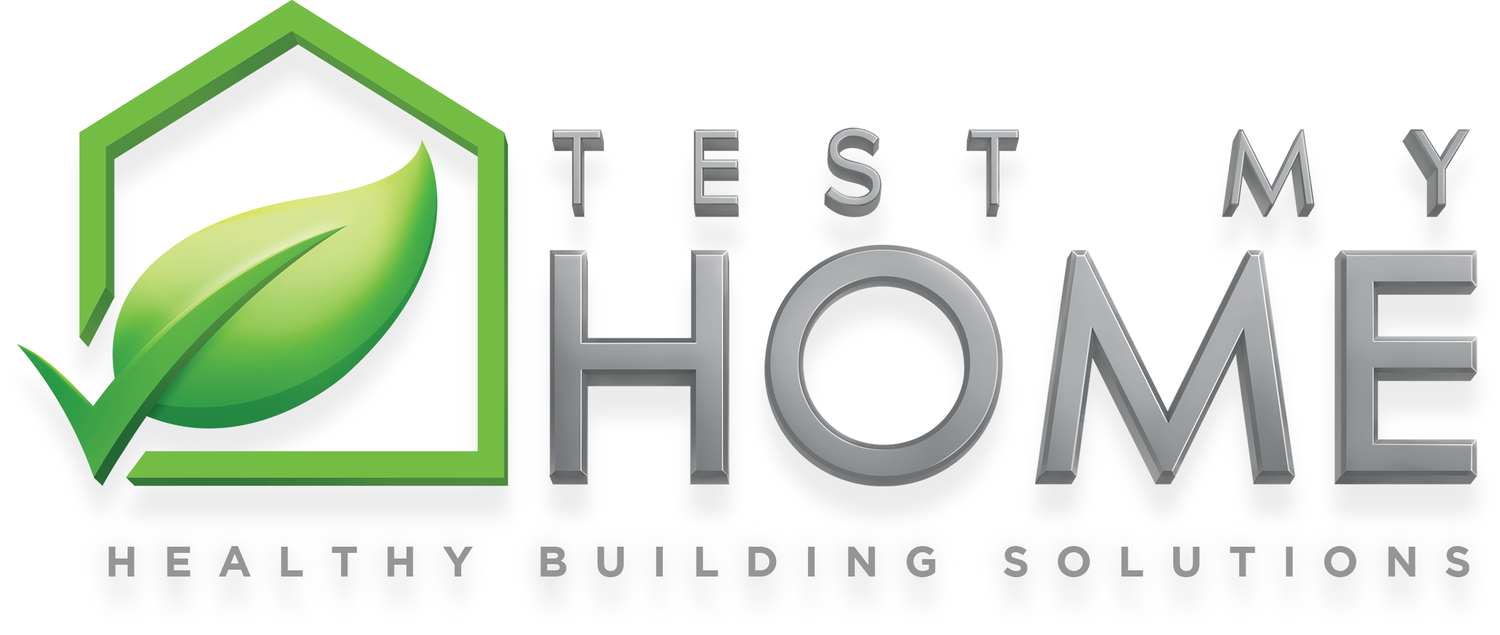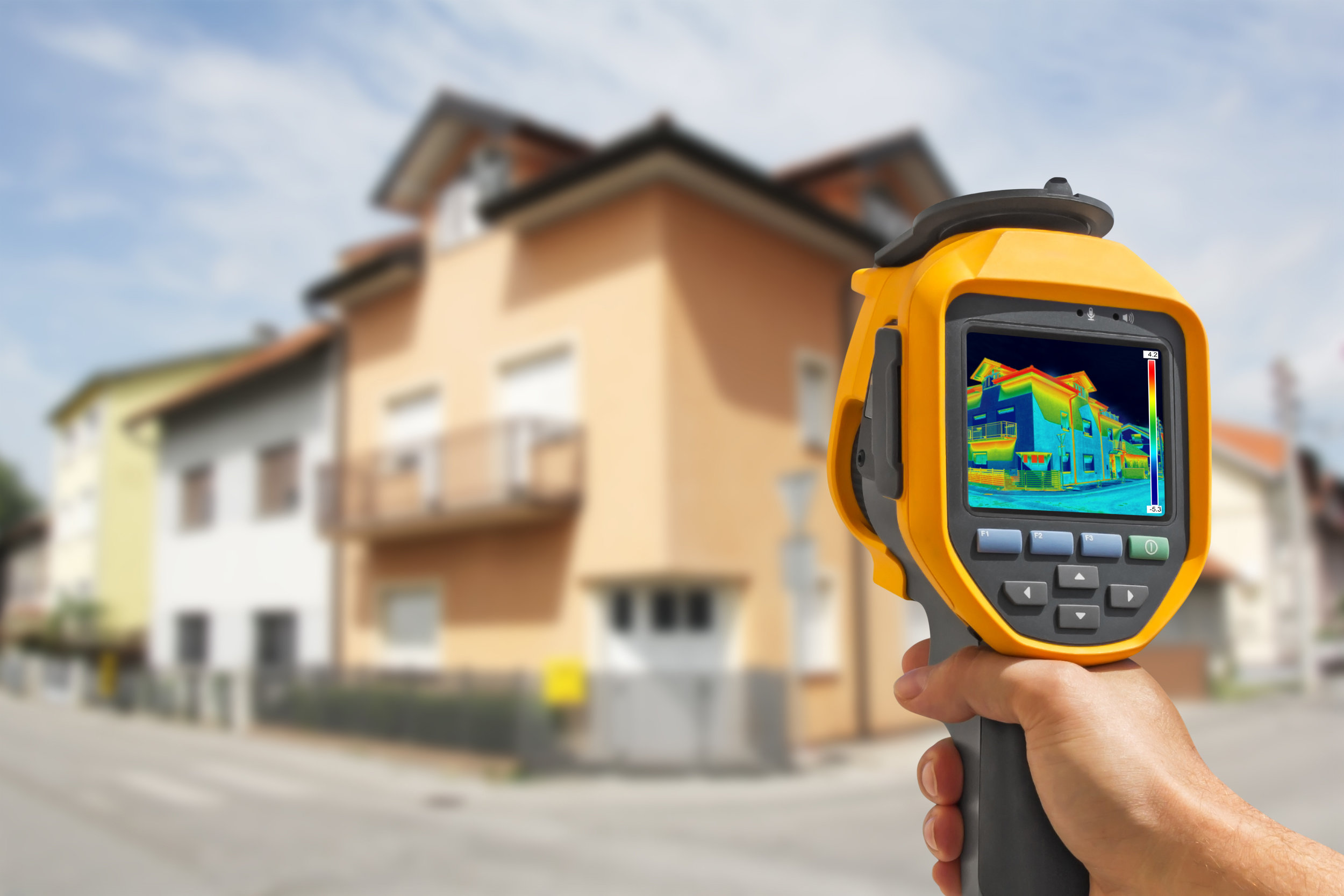Radon is a colorless, odor-free gas produced as one type of radioactive decay derived from elements occurring naturally within the Earth's crust, such as lead or thorium, which are used for building materials like ceramic tiles and cement paint, respectively, according to Wikipedia Radon inspections have been endorsed by numerous scientific organizations who agree there should be widespread testing carried out because it leads directly into cancer when inhaled over time at high concentrations since you cannot see nor smell it many people don't realize they're being exposed.
Radon testing can be done with professional equipment or DIY kits bought online and carried out in-house by homeowners curious about their houses' radon levels. A test detects how much of this dangerous odorless radioactive gas emits from soil under homes that sit on slabs instead of crawl spaces or basements - areas where ventilation would be better than slab floors that lack airflow sources. Without proper venting systems installed underneath them, these types of floor plans could potentially allow harmful amounts of the colorless toxic smelling isotope into living quarters if they become exposed over time.
When you buy a house or move into one as a tenant coming from outside of its state where testing wasn't performed beforehand, and even if they were - it probably won't be required again until after an event like significant renovation or change in occupancy occurs. Radon inspection will help make sure people know whether their homes might pose health risks from harmful gases such as Radon before purchasing them so they can choose another location instead which isn't subjecting themselves.
Why is Radon Inspection important?
Radon is a radioactive gas that can come from the ground. When people are exposed to it, they have an increased risk of developing lung cancer over time. In all states, radon testing for homes and buildings has been required by law because radon levels must be reduced if high enough. It's essential to understand what radon inspection means so you know whether or not your home needs one before purchasing your next house. Radon is a naturally occurring radioactive gas that can be found in the foundation of homes. It has no odor or color; therefore, people may not realize they have bituminous coal exposure until serious consequences arise, leading to physical deformities. Radon can get into houses through cracks in the foundation where there might be soil contact with subflooring, basement window wells filled with water (even though these should always remain dry), floor drains connected directly without any piping between them.
Radon is a naturally occurring, colorless,, and odorless gas that exists in Earth's crust. It can also be an environmental pollutant when it seeps into homes through cracks or holes in the foundation where building materials don't correctly seal these gasses. Radon test kits are available at home improvement stores to help determine if your house has dangerously high radium levels. You may need additional testing for accurate results depending on what method you use to detect which type of kit works best with your specific structure (elevated levels usually mean more extensive initial tests).
Why Schedule Radon Testing?
Radon is a naturally occurring radioactive gas that can seep into your home. If you are exposed to too much Radon over time, it will increase the risk of lung cancer by 20-30%. Radon testing ensures homes have safe levels of this harmful element without compromising on indoor air quality.
Over time if people are constantly being exposed to more and more radiation, they may increase their chances of getting sick or even dying from lung cancer which causes around 160 thousand deaths annually worldwide. This test ensures everyone has access to clean, healthy living spaces where there isn't any exposure. Contact us now.





